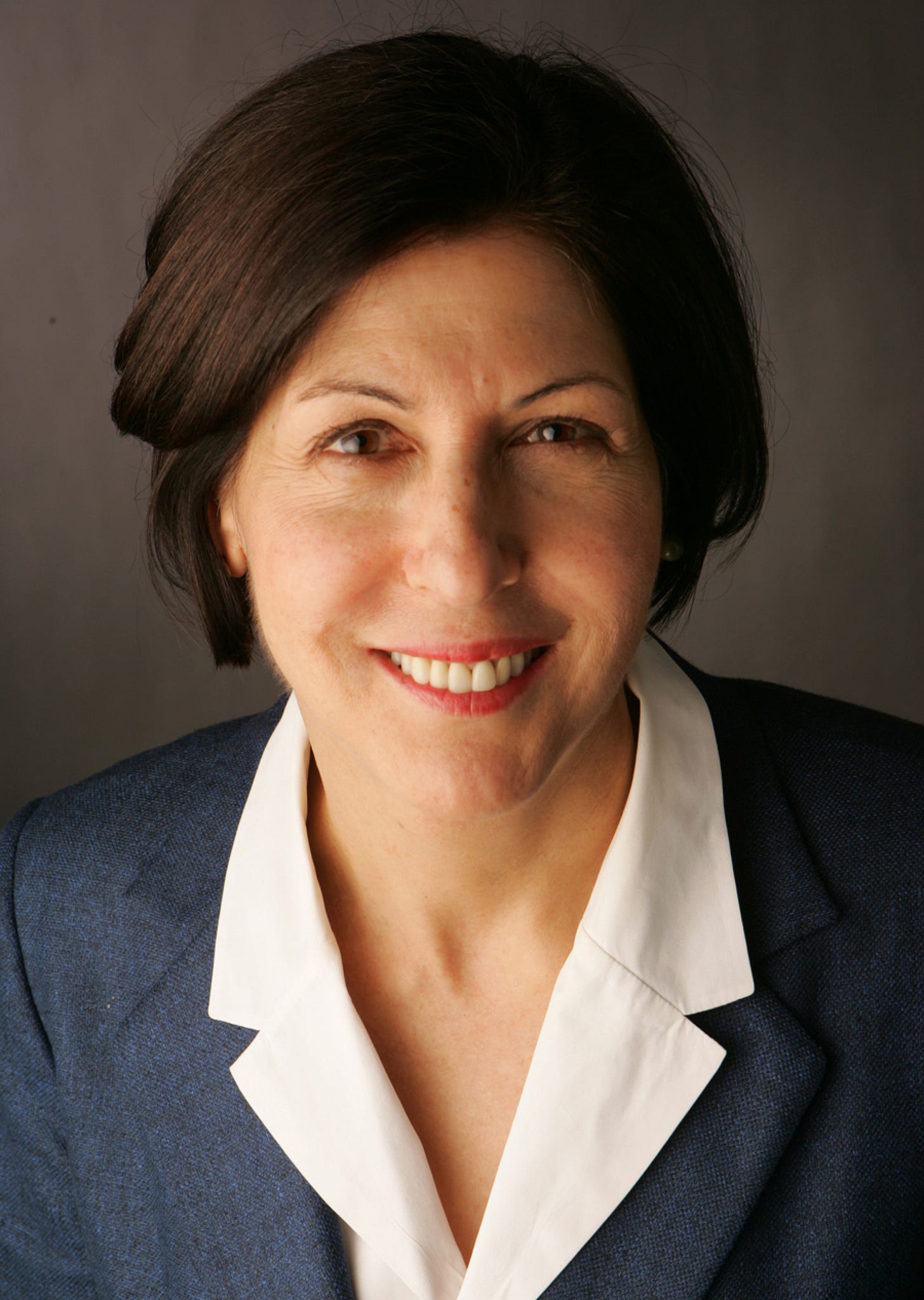The Wall Street Journal ran a curious piece titled, “Is It Ever OK to Have an 8 a.m. Meeting?” It contained two dubious assumptions: (1) That 8 a.m. is very early in the morning, and (2) Employees have a right to rebel against a company policy that interferes with drop-off time for kids at school – or forces them to alter their workout schedules.
One can sympathize with a parent’s desire for predictable schedules. But if they can’t be flexible enough to occasionally show up at work an hour early, they may need a different employer.
Many global businesses, particularly in finance, may need everyone together at a time when they can confer with colleagues in other time zones. As the article notes, “early-morning work hours are a hallmark of the finance and healthcare industries as well as education, and a standby of high-powered executives.”
But what made 8 a.m. such an outrageously early hour? To a lot of working Americans, 8 a.m. is practically lunchtime. Firefighters, police, nurses and emergency room doctors work the entire night. (Some are lucky if they get home by 8 a.m.) In rural America, the cows have already been milked by 6 a.m.
About 16 percent of full-time employees work on “alternative shifts,” according to the U.S. Bureau of Labor Statistics.
Meanwhile, a gust of entitlement blows from some of these squawks about early meetings. “If I have to push myself to an 8 o'clock meeting,” 36-year-old Jake Rudy is quoted, “I really had better have a good reason for being there.” Keeping his job could be a good reason.









